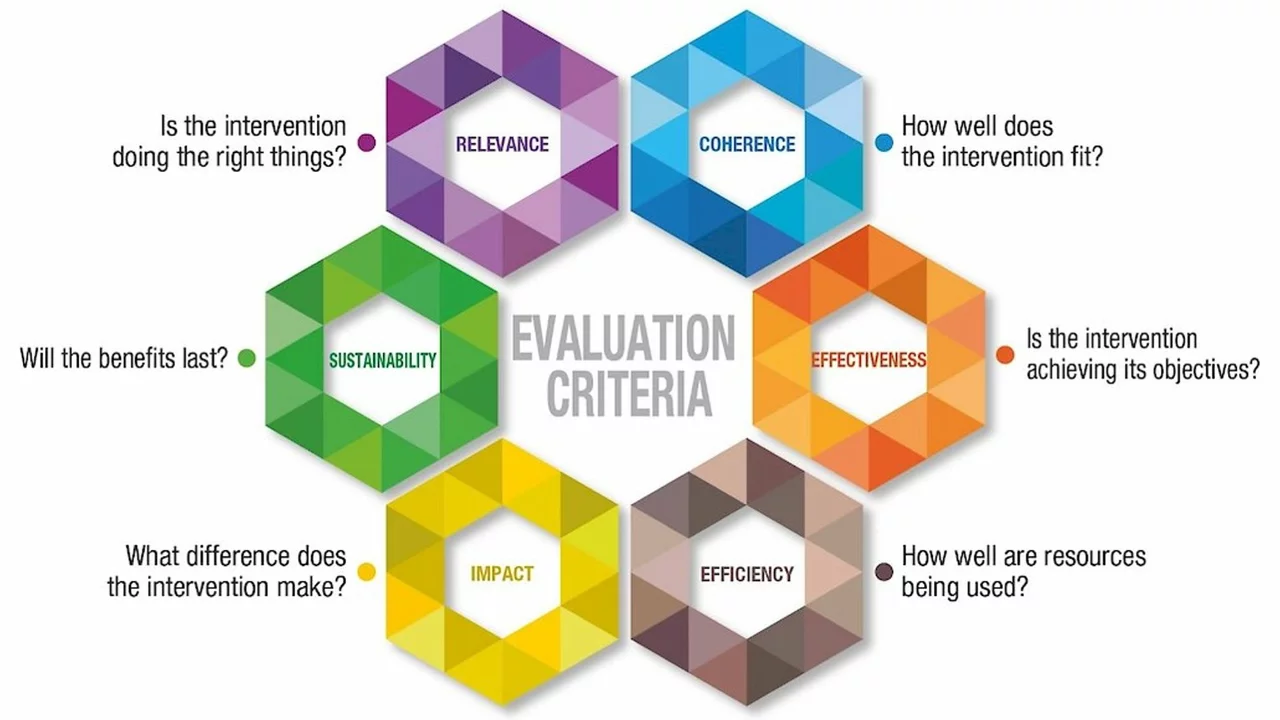
Introduction to Brinzolamide and its Uses
As someone who has been prescribed brinzolamide, it's important to understand the contraindications of its use. Brinzolamide is a carbonic anhydrase inhibitor commonly used as an eye drop to treat glaucoma and ocular hypertension. It works by reducing the production of aqueous humor in the eye, thereby lowering the intraocular pressure. In this article, we will explore the contraindications of brinzolamide use, ensuring that you can safely and effectively use this medication.
Understanding Contraindications
Before we delve into the specific contraindications of brinzolamide, it's crucial to understand what contraindications are. Contraindications are situations or conditions in which a medication should not be used, as it may cause harm to the patient or be ineffective. This can be due to a variety of factors, such as allergies, medical history, or interactions with other medications.
1. Allergy to Brinzolamide or Any Component of the Medication
One of the most important contraindications for brinzolamide use is an allergy to the medication or any of its components. If you have experienced an allergic reaction to brinzolamide or a similar medication in the past, it's important to inform your healthcare provider. Signs of an allergic reaction to brinzolamide may include itching, redness, swelling, or difficulty breathing.
2. Severe Kidney Impairment
Individuals with severe kidney impairment should avoid using brinzolamide. The medication is primarily eliminated through the kidneys, and impaired kidney function may increase the risk of side effects or toxicity. If you have a history of kidney problems, be sure to discuss this with your healthcare provider before starting brinzolamide.
3. Metabolic Acidosis
Brinzolamide may be contraindicated in patients with metabolic acidosis, a condition characterized by an excess of acid in the body. This is because the medication can inhibit the secretion of bicarbonate, an important component in maintaining the body's acid-base balance. Patients with metabolic acidosis should consult their healthcare provider before using brinzolamide.
4. Low Blood Levels of Potassium or Sodium
Patients with low blood levels of potassium or sodium should exercise caution when using brinzolamide. The medication can affect the balance of electrolytes in the body, potentially exacerbating existing imbalances. It's important to discuss any known electrolyte abnormalities with your healthcare provider before starting brinzolamide.
5. Pregnancy and Breastfeeding
Brinzolamide should be used with caution during pregnancy and breastfeeding. Although there is limited data on the use of brinzolamide in pregnant or breastfeeding individuals, it's important to weigh the potential risks and benefits with your healthcare provider. If you are pregnant or nursing, be sure to discuss the use of brinzolamide with your healthcare provider.
6. Sulfonamide Allergy
Brinzolamide is a sulfonamide derivative, meaning it's structurally related to a class of medications called sulfonamides. If you have a known allergy to sulfonamide medications, you may be at an increased risk of an allergic reaction to brinzolamide. Be sure to inform your healthcare provider of any known sulfonamide allergies before starting brinzolamide.
7. Use with Other Ocular Medications
If you are currently using other ocular medications, it's important to discuss this with your healthcare provider before starting brinzolamide. Some medications, such as other carbonic anhydrase inhibitors or beta-blockers, may interact with brinzolamide, increasing the risk of side effects or reducing the medication's effectiveness. Your healthcare provider can help you determine if brinzolamide is safe to use with your current medications.
8. History of Corneal Edema
Patients with a history of corneal edema, a swelling of the cornea, should use brinzolamide with caution. Brinzolamide can cause changes to the corneal endothelium, which may exacerbate existing corneal edema. It's important to discuss any history of corneal edema with your healthcare provider before starting brinzolamide.
Conclusion: Always Consult Your Healthcare Provider
Understanding the contraindications of brinzolamide use is crucial to ensuring that you can safely and effectively use this medication. If you have any concerns or questions about using brinzolamide, be sure to consult your healthcare provider. They can help you determine if this medication is right for you and provide guidance on the proper use and monitoring of brinzolamide.
13 Comments
Write a comment
More Articles

How to Read Medication Guides for Risk and Monitoring Advice
Learn how to read FDA Medication Guides to spot serious drug risks and monitoring requirements. Know where to look, what to do, and how to stay safe with your prescription.

The Cost of Rabeprazole Sodium: Is It Worth It?
As a blogger, I recently delved into the topic of the cost of Rabeprazole Sodium and whether it's worth its price. Rabeprazole Sodium is a proton pump inhibitor commonly prescribed to treat acid-related stomach issues, like GERD, but its cost has been a point of concern for some. After researching, I found that the benefits of this medication can outweigh the costs for many patients, as it can provide much-needed relief from painful symptoms. However, I also learned that there are generic alternatives available at a lower price point, which can be a more budget-friendly option. Ultimately, it's crucial for patients to discuss their needs and budget with their healthcare provider to find the best solution for their individual situation.

Eicosapentaenoic Acid: The Secret Ingredient for Boosting Your Overall Health and Well-being
Eicosapentaenoic Acid (EPA) has recently caught my attention as a secret ingredient that can significantly improve our overall health and well-being. Found in fish oil, this omega-3 fatty acid is known to reduce inflammation, lower the risk of heart disease, and even improve mental health. I've noticed that incorporating EPA-rich foods, like salmon and mackerel, into my diet has made a positive impact on my energy levels and mood. Additionally, taking fish oil supplements has been a convenient way to ensure I'm getting enough EPA. I highly recommend looking into EPA as a natural way to boost your health and well-being.

joe balak
April 27, 2023 AT 17:07Brinzolamide works but watch your electrolytes. Simple.